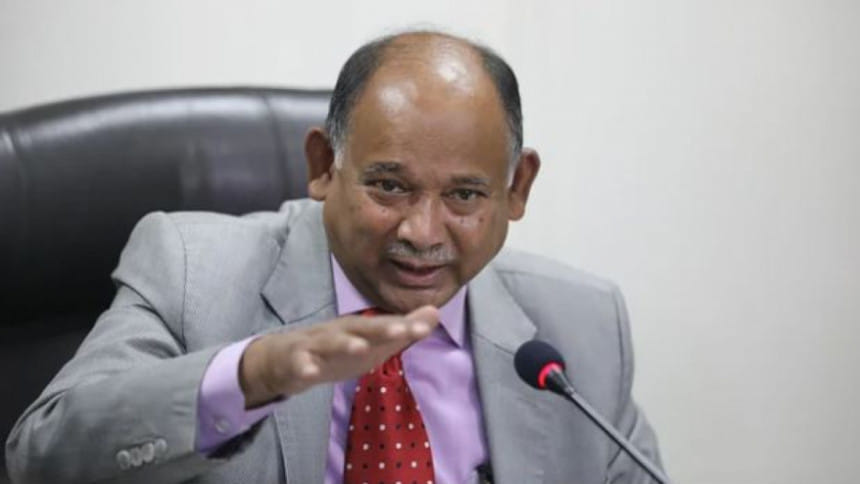Railways minister should answer for wrongs done in his name

The incident involving a travelling ticket examiner (TTE) of Bangladesh Railway has laid bare how difficult it is for government officials to do their job honestly, and how easy it is for people with connections to exploit them or the system in which they work. Shafiqul Islam, the TTE, was suspended a day after he showed the audacity to fine three individuals who claimed to be relatives of the railways minister, after boarding a Dhaka-bound train at the Ishwardi junction without tickets. They were in an AC cabin and wanted to remain there but the TTE gave them tickets for a non-AC carriage, which wasn't to their liking. And he was punished for that. Even if their allegation of misconduct is true, the repercussions wouldn't have been as serious or prompt had the aggrieved trio not been linked to the minister.
Can the minister avoid the responsibility for what had happened in his name? On Sunday, he revised his earlier comments about the identity of the trio, admitting that they are indeed his relatives and that it was his wife who had lodged a complaint against the TTE. He, however, claimed that she didn't ask the railways authorities to suspend him. He also said the suspension order was given "without following due process" and so it will be withdrawn, adding that the whole incident was "embarrassing" for him. We commend the minister for his frank admissions and the quick decision to right a wrong. But is reinstating the TTE enough to counteract the wrong messages given by earlier acts/decisions? Can it remove the bad taste left by his relatives and eager-to-please officers? Will he do what's necessary to ensure such things are never entertained again, at least in his ministry?
We think the incident should be taken as a lesson in what happens when the mechanisms of accountability weaken and public officials become vulnerable to outside influences. This is but a symptom of a larger disease that saw politics corrupt the administrative culture to a point in which only political connections matter. Over the years, we have seen how corruption festered and became the norm of the day as a result. We have seen how honest officials got punished, and how dishonest officials, politicians and their cohorts got rewarded. If the authorities are sincere about not seeing a repeat of the TTE incident, they should make an example of these corrupt influences by holding them accountable, and reward those who still take their jobs seriously so that others may be encouraged.

 For all latest news, follow The Daily Star's Google News channel.
For all latest news, follow The Daily Star's Google News channel. 








Comments